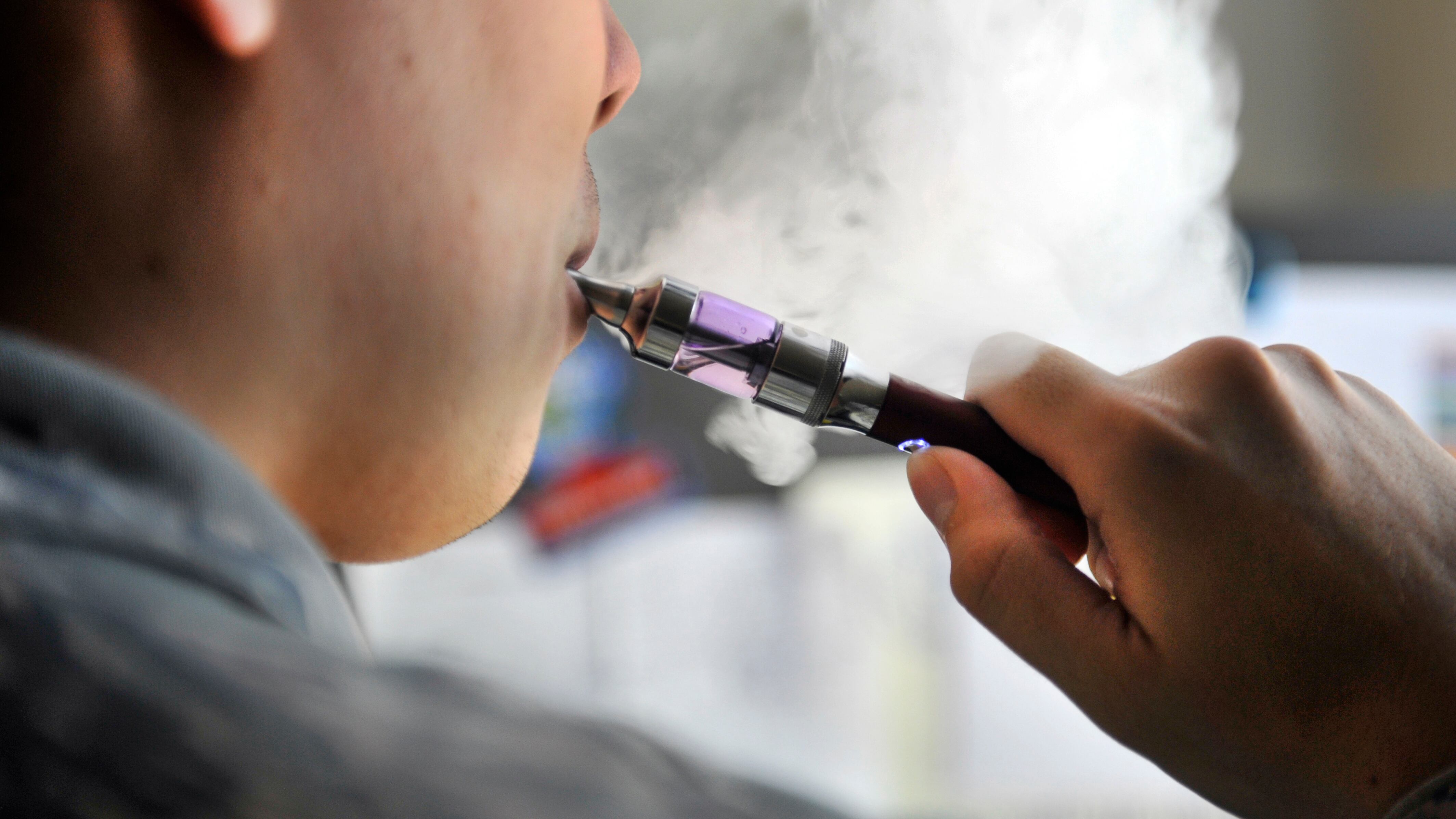In early 2019, Oregon state Senator Laurie Monnes Anderson (D-Gresham) sought to draft legislation that would ban all flavored vaping products and flavored e-cigarettes.
But lobbyists from two national health agencies, one from the American Heart Association and one from the American Cancer Society, told her the agencies wouldn't support it. After hearing that, Monnes Anderson dropped the legislation.
"I was shocked, but [they] felt strongly that they wanted to have the big [tobacco] tax bill to raise revenue, and by just going forward with our bill, it would take momentum away from what they wanted," Monnes Anderson says.
She says she recalls that the lobbyists' primary reason for declining to support her draft was the fear that it would detract support from the tobacco tax measure, which passed this summer and will be referred to voters in 2020.
The lobbyists remember it differently.
Christopher Friend, a lobbyist with the American Cancer Society who worked with Monnes Anderson during the drafting process, says his clients' primary reason for opposing the legislation is that it did not include a restriction on flavored tobacco products, such as menthol—the flavoring that makes traditional cigarettes palatable. He says it was a health equity issue.
"The reason that we have concerns around policies that don't include menthol is because that really presents an equity issue," Friend says. "We've known since the 1960's that big tobacco has used heavy marketing of menthol products, especially around the [black] community."
Friend adds that the legislation "was not a comprehensive bill restriction in our eyes" and that "we would've supported a more robust policy that included flavored tobacco products in addition to e-cigarettes."
Christina Bodamer, the lobbyist working for the American Heart Association, corroborated Friend's account.
"Recent surveys that are showing that kids are using menthol. It's a flavor to them. And to carve that out completely, we're kind of missing the mark on our reduction," Bodamer says.
Monnes Anderson says she doesn't "remember that clearly" any mention of the opposition because of an equity issue.
She says the Senate needed all the support it could get from Republican members to vote for the tobacco tax, which was already unwelcome among conservative legislators. That bill passed with a 18-8 vote. If passed by voters in November 2020, the measure will raise the cigarette tax by $2 per pack and tax e-cigarettes up to 65 percent of the wholesale price come 2021.
Friend agrees that the tobacco tax was the agency's first priority: "Certainly as an organization we have to decide where we allocate our resources and for us, our top legislative priority in 2019 was the tobacco tax." But he maintains that the crux of the opposition was health equity concerns surrounding the exclusion of flavored tobacco products.
Monnes Anderson's draft legislation died in Jan 2019 before it ever became public knowledge.
In wake of the mysterious lung illnesses linked to vaping that have jolted national and state health agencies into scrambling to find the culprit, two states so far, Michigan and New York, have banned the sale of all flavored e-cigarettes.
But no such rumblings have been heard from Oregon politicians—until now.
After WW asked Monnes Anderson about her scuttled legislation, she told WW she has plans to urge one of her colleagues to reignite the legislation to ban all flavored vaping, flavored e-cigarettes and flavored tobacco products in 2020. (She is not seeking reelection.) She says WW's questions regarding the legislation "reminded" her of the importance of a ban.
"Before we didn't have as much data and convincing arguments to do what we were asking the legislature to do last time, but now we have deaths and we have illnesses and we have great increase in vaping use among our youth," Monnes Anderson says. "This is the prime time to reintroduce it."
Monnes Anderson rebukes the argument that banning flavored vaping devices would just lead consumers to source products from the black market.
"The idea is to set up barriers, and if we have barriers—35 percent of our youth have tried vaping products [and] there's no way that number would be that high if they went on the black market."

